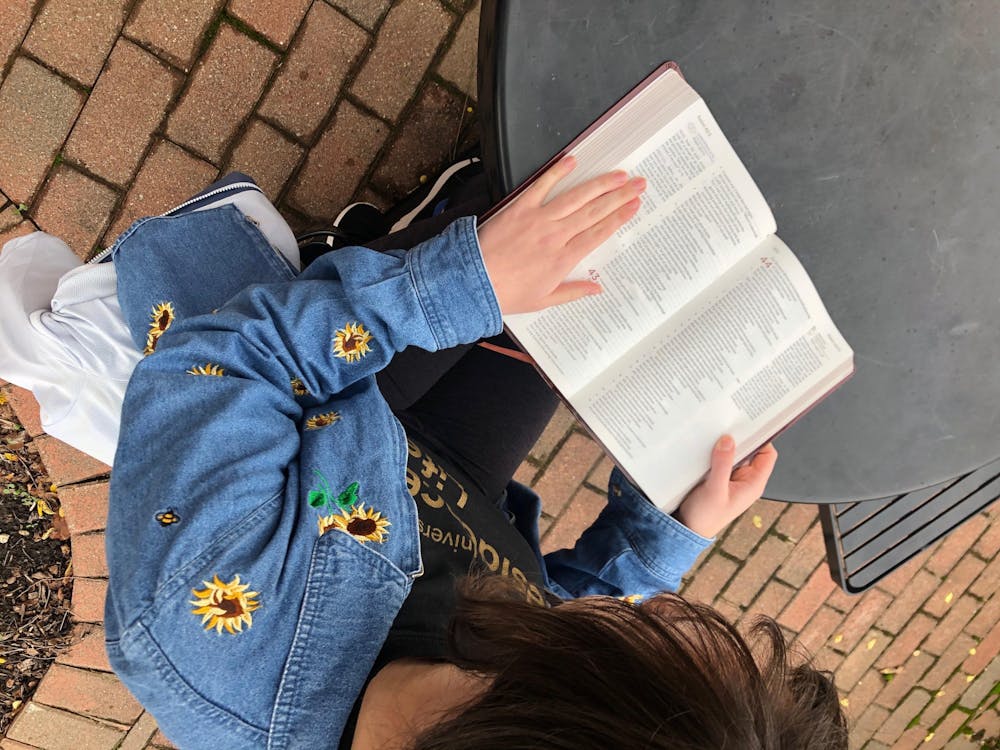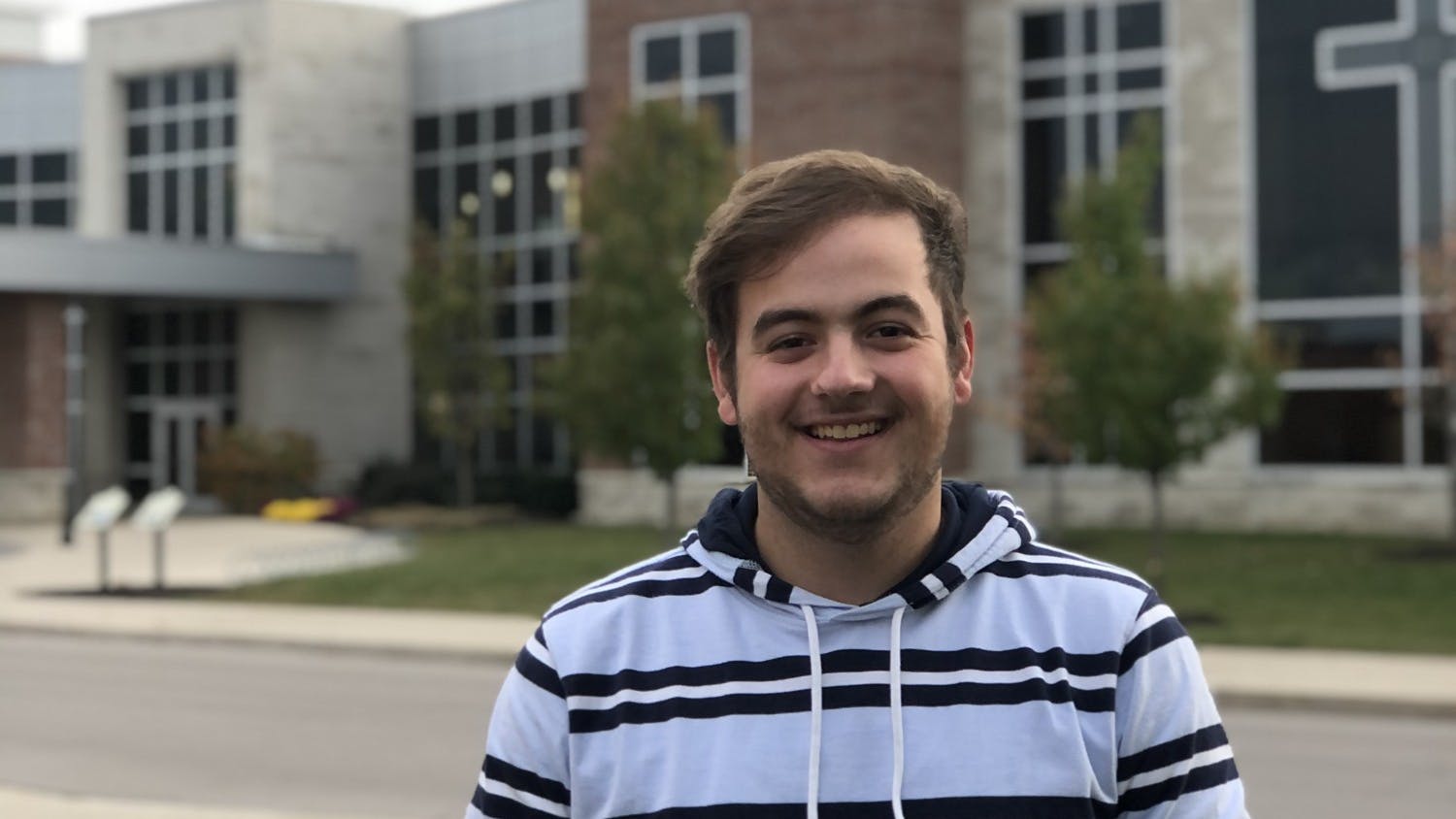This summer, I worked as a cashier at a craft store. Practically that means people view you apart from themselves as the ‘other.’ You are there to absorb whatever emotion the customer feels.
As I checked out people’s embroidery thread, paint by number kits and school supplies, what I absorbed was a full range of emotions from anger to denial to shame. Something that became apparent to me as I came home everyday and tried to shrug off these exterior emotions was that everything boiled down to one single cause: grief.
I recognized this because I had just been through it. In March, I learned of the loss of someone I had grown up with. He was someone who I had gone to school with for nine years in a class of 46 students. We had never been close and time and distance drew us further apart. Yet all the same, I was still struck by the wrongness of the situation. He was only 22. But that is the thing about death, you never expect it.
It is an unwelcome right of passage to lose someone too soon. In the midst of a pandemic, civil unrest and the absurdities and randomness of life, that is a right of passage that many of us have been forced to go through. For the same reasons that these losses may have happened, I wonder if we have allowed ourselves to experience the natural grief that may result.
In “A Grief Observed,” C.S. Lewis comments after the passing of his wife. “No one ever told me that grief felt so like fear,” Lewis said.
For me, grief feels like stumbling around in a dark room, trying to find the light. I do not think that people are very good at grieving, for the precise reason that nobody wants to feel like that blind idiot, searching for a switch and stumbling over their own two feet.
I think that there are probably some experiences that make us human—pain, grief, sadness, for example—that if given the choice, we would get rid of altogether. However, I am also convinced that grief is just as much a part of the human experience as joy. I will not tell you that I think that makes death good, because I do not think that is true.
This summer, I was struck by a grief that we were experiencing as a world, together. Now, in this past week, I have again been reminded of the grief we share as a student body for our family and friends who have been taken away in a time that feels tumultuous and yet, we still do not expect it to touch us.
One of my pastors spent a Sunday toward the beginning of the semester on Psalm 44, a Psalm of lament that stands out because it does not end in praise of God or in an assurance that all things will be made right. Now when I hear people telling those who are grieving that the person they loved is in a better place or that all things work together for a reason, I am not sure that is a biblical response. It is definitely not one I feel comfortable sharing.
So instead I end only with a verse Jesus spoke to his disciples in Matthew 5:8. “Blessed are those who mourn, for they shall be comforted.”





